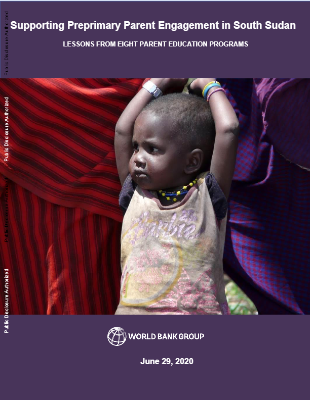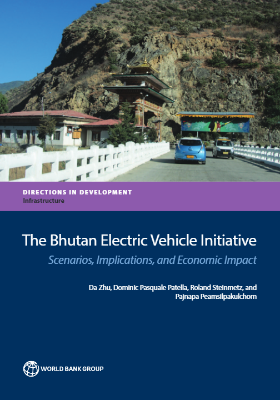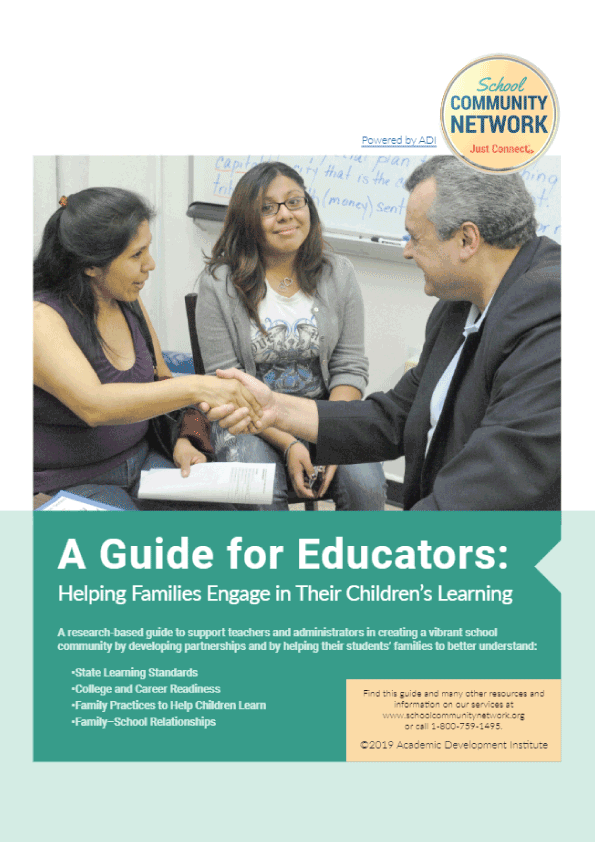This literature review aims to understand the design and content of successful preprimary parenting programs specifically those implemented in fragile, conflict and violent contexts. This document serves as a resource guide for the creation of a preprimary parenting program for the South Sudanese context, to enhance school readiness of children between the ages of 3-5 years through basic literacy, numeracy and socio emotional skills.Parent engagement is seen as an essential component of high quality ECD/ECE programs.
Parents and caregivers are the “first educators” in a child’s life and the creation and implementation of programs that empower them, irrespective of their own educational backgrounds, is important. Studies show that the interactions children have with their parents and other primary caregivers can deeply influence emergent literacy, numeracy and socio-emotional skills. The importance of positive parenting and caregiving practices is perhaps most pronounced in contexts where access to and participation in high quality preprimary services is limited.
Places where young children, their families and communities face fragility, conflict and/or violence (FCV) present additional challenges. The effects of fragility, conflict and violence have shown to have long term effects on children. Research shows that in fragile contexts, large numbers of young children remain out of school due to lack of safe spaces, low number of qualified teachers and little to no learning materials. These factors also inhibit children’s enrolment and participation in preprimary education in South Sudan.
This paper provides a brief overview of the benefits of parent engagement early in life and explores eight parenting programs whose design and implementation could be useful to increase the engagement of parents in preprimary skill development in South Sudan. Bearing in mind the context of South Sudan, five key criteria that guided selection of the programs included: (i) low cost of implementation, (ii) use of local resources, (iii) creation of contextually relevant curriculum, (iv) supporting parents who do not know how to read/write, and (v) evidence of benefits following empirical testing. Following this selection criteria, the programs reviewed include: The Lively Minds program in Ghana; the Little Ripples program in Chad and Cameroon; the Early Literacy and Math Initiative in Rwanda, the Mother Child Education program in Turkey; the First Steps, program in Rwanda, the Literacy Boost program’s Community Action component in Rwanda; the Parents Make the Difference Program in Liberia and the Reach Up and Learn program in Jordan, Syria and Lebanon. In addition to discussing successes, this desk review highlights key challenges faced by these programs as potential problems to be anticipated and mitigated early on in the development of a similar program in South Sudan.
This review presents key considerations in the design of a preprimary parenting program in South Sudan. These are:
1. Determine clear objectives for the parenting program
2. Leverage existing local knowledge, beliefs, structures and activities
3. Consider mode of program delivery
4. Consider program content
5. Provide ongoing support to program facilitators and feedback to parent participants
6. Start small and remain flexible
7. Consider engaging youth
8. Explore how to engage fathers











